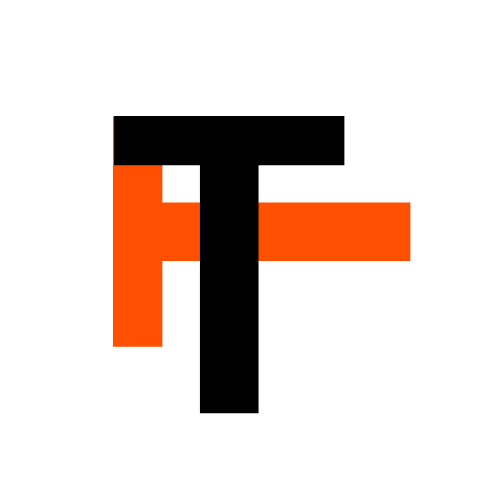As soon as you enter the workforce, apply for jobs, or dabble in entrepreneurship you will most certainly come across the term ‘Freelancing’.
Freelancing is working on the projects you choose, as per your own time availability and commitment. A ‘Freelancer’ is someone who values the work they do and the amount of time they spend working.
Put short, it is kind of like being an entrepreneur without the high risk of failure.
More on the later..
The ins and outs of being a freelancer
Freelancers offer their time and skillset to employers who generally do not require the specific type of work on a long-term ongoing fulltime basis.
This allows employers, in most cases, to save on labour costs, and freelancers to work customized hours, in most cases, at higher rates than they would earn should they have been a fulltime employee.
Being a freelancer you will have complete freedom of what times you choose to work – as long as they are agreed with the employer you are going into contract with.
Additionally, you could work on more than one project at a time and choose the work that excites and motivates you to the fullest.
That being said, finding work as a freelancer is no easy task, especially when you’re just starting out. To add to that, many people are working from home, and more of those staffers are making the switch to freelancing.
At the end of the day, while you are in greater control of your income, time management, and productivity, you still have the responsibility to deliver your work on time.
Sometimes, one can also overdue freelancing, and burnout consistently by taking on unfulfilling work, working for low wages or neglecting your personal well-being to get more hours in.
But in the end, you can always make a change, move onto a more fulfilling project, change your ours, or up your rates.
Why? Because you’re a freelancer.
How to become a freelancer
Becoming a freelancer is all about positioning and having that enticing portfolio of work to back you up (and send you referrals).
It generally starts with the decision to win back your time, in an effort to have greater flexibility in how, when, and why you work.
Once you’ve decided that this path is for you, you’ll need to build a brand. Your own brand, and in most cases that will be a personal brand.
With your personal brand you will need to employ the 4 p’s of marketing:
Product: You will be the product and you will have to promote yourself, until your target market knows who you are and come looking for you or send other’s to come look for you through word-of-mouth.
Price: You product needs to be priced, and priced well. Know r worth and you’re skill’s worth. Then stick to to your price. If you’re starting out, you may need to do some competitive research to discover what other’s are charging for their services, and either match, or come in at a discount – just while you are finding your feet and building your portfolio.
Place: There are numerous places where prospective clients can find freelancers. Primarily this will be through ad postings on job boards across the world wide web, or they will browse platforms dedicated to freelancers listing their services and competing against one another. I like to call it a ‘workplace marketplace’.
Promotion: Finally once you have landed your first few gigs, you can spruce up a stunning portfolio showcasing your work and the amazing clients you’ve worked with. Also be sure to get the word out everywhere you can (Social media, specifically LinkedIn!!). Finally finish up your digital presence with a website.
Knowing if freelancing its right for you
If you are someone who does not like working for someone else, or you simply don’t want to join the ‘rat race’ and climb metaphorical ladders. Freelancing might not be ideal for you as you’ll still be working for someone else.
Here entrepreneurship will be a better pursuit, where you are 100% in control, at least from your input. By building your won business or venturing into a partnership with other you can leverage scaling your finances and work life to the degree that you choose.
But if finance complete control are not what you are looking for, freelancing may be for you. With freelancing the risk of failure compared to starting your own business is significantly less.
Income is almost guaranteed, provided you deliver on time, and enter into good contracts and build exceptional client relationships. When the work gets too much, then you can look into starting your own business, and maybe even bringing other freelancers on board.
For example, you could be a freelance writer, and one day you get to a point where clients have more work or there are more clients – which may prompt you to decline opportunities. Here you can bring in other freelancers and share in the profit.
Freelancing can also be worse than working a 9-to-5 or even having no job at all. What if you have pleasures of time freedom and ‘Phala Phala’ type of money, if you don’t end the day off in good spirit. Freelancers deal with tons of setbacks, and difficulties from time to time, especially with regards to work and their clients. No Career-path is a straight road, where emotions fuel your car.
It comes down to doing what brings you joy but also propels you towards your goals. With work, it’s always a good idea to choose something that will tick both those boxes.
Lastly, while you will have more flexibility and adaptability, freelancing requires commitment, continuous hard work and creativity. Especially in this digital age where artificial intelligence and chatbot co-pilots can do the job just fine.
So don’t be just fine, be better. Happy Freelancing!

